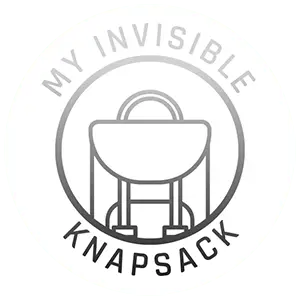The Liberatory Reconnection Collective

Dear community,
Capitalism teaches us that land is a commodity. Colonialism insists that it must be owned. Supremacy justifies the destruction of the Earth and her creatures for the gain of a few.
But Indigenous wisdom reminds us of something much older: the Earth is alive. She is not a backdrop to our lives, but a web of relationships—of kinship—that includes animals, plants, rivers, mountains, winds, and stars. We are not above them. We are of them.
Robin Wall Kimmerer, Potawatomi scholar and author of Braiding Sweetgrass, teaches us that “all flourishing is mutual.” This truth is central to many Native worldviews: we belong to a vast family of beings, and our health depends on the health of that family.
When we are taught to disconnect from land and our non-human relatives, we lose more than a resource—we lose relationship. We lose rhythm, responsibility, and reverence. This disconnection benefits those who seek endless growth, extraction, and control. But it leaves us feeling hollow, grieving, and unmoored.
In the Liberatory Reconnection Framework, Earth & Non-Human Kin call us back into intimate, reciprocal relationship. Reconnection invites us to:
- Slow down and notice the languages of wind, water, and wing
- Honor the sentience and teachings of animals, plants, fungi, and soil
- Practice gratitude, offering, and consent in how we gather and give
- Learn from the ecological wisdom of indigenous peoples and our ancestors, many of whom lived in deep harmony with the more-than-human world
- Choose practices and systems that regenerate rather than consume
Reconnection is not a return to innocence—it is a return to responsibility. It is a living acknowledgment that we are part of an interdependent web of life.
This week, I invite you to reflect:
- Who are your non-human kin? What plants, animals, or places have shaped your life?
- How have you been taught to see them—as relatives, or as resources?
- What would it mean to be in a relationship of care and reciprocity with the living world?
As we remember Earth and our extended family of life, we remember that liberation is not only human—it is ecological. It is sacred. It is shared.
In solidarity and with care,

Resources
for Reconnection with the Earth
Braiding Sweetgrass by Robin Wall Kimmer (affiliate link)
